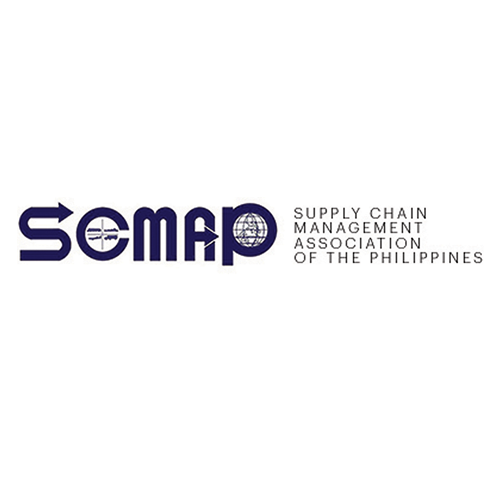By this point we should’ve expected it. Once again, the evening news is filled with stories of there being too many vegetables, to the point that farmers are not able to sell them and can only either offload them for a really low price, or dispose of them altogether.
I have already discussed this issue in previous columns, and at this point I feel like I will be repeating myself. But there is one key difference this time: the government has made food logistics one of its key thrusts. The Department of Trade and Industry was tasked with leading a three-year food logistics agenda, and we at SCMAP have been involved in discussions since. Between this and President Marcos recently boasting of his administration having finished half of the farm-to-market roads it has committed to building, I feel we will be hearing more about this in the coming months.
As we should: food logistics touches on so many aspects of the Filipino’s quality of life. Access to nutritious food. A better living for farmers. A better future for communities. Faster relief for those affected by natural and manmade calamities. Lower prices, one hopes, and perhaps, less reliance on imports, especially for products that we are able to produce ourselves.
The solutions, of course, are those that I have discussed in this column before, and which are already either in development or being expanded. Rethinking the food distribution model, for instance, is very much underway, aided by new technology-enabled platforms. Some will take a little longer to bear fruit, like investment in transport infrastructure – one hopes cargo rail is in the mix, still – and in cold storage facilities, to prevent the spoilage and disposal of foodstuffs and to allow for “forward stock” in times of need.
But that is just half the equation. Yes, sorting out the movement of our agricultural and food products is important, but so is the production of these goods. In this example, we also have to think about developing the capabilities of our farmers, fishers and raisers, not just in making high-quality produce, but in anticipating demand and responding to them more effectively.
One of the most striking aspects of this round of “there’s too many vegetables” in the news is how stakeholders are saying there isn’t an oversupply of products. The cause is attributed to a good harvest season that meant higher yields. Good news. But why are there too many carrots and cabbages, more than enough to satisfy current demand?
How can we solve this? I’m not thinking of asking our farmers to produce less, but perhaps, we can help them in adding value to their produce? Why can’t we make coleslaw mix, for example? Or carrot cake? Or carrot kimchi? (I know carrot’s just a by-product, but it’s not a bad idea, come to think of it.) That should generate a bit more demand and reduce wastage.
But of course, we will still need the support of a better food logistics ecosystem. Again, the roads, the cold storage facilities. But we can look at other agricultural sectors for an example. We don’t talk much of a fish shortage, and in part it’s because we are able to “extend” the life of said aquatic products by processing them, by adding value to them. We have canned sardines, canned squid, frozen bangus of all sorts – and it’s competitive.
One hopes that the appointment of fishing mogul Francisco Tiu Laurel Jr. could bring some of this thinking into the Department of Agriculture, supported of course by other government departments and private sector stakeholders. Making sure there is food in everyone’s table is a collective effort.
2024 SCMAP Board of Directors: This year we are introducing changes to SCMAP’s governance to ensure stronger continuity in our initiatives and activities. Our Board of Directors will now serve a term of two years; previously only the president served for two years. Our directors for 2023 have agreed to extend their terms to the end of 2024 to aid the transition. The membership also elected two new directors to fill recent vacancies: Roland Bernardez of Coca-Cola Philippines and Kareen Co of Unilever Philippines. We look forward to better serving our members and Philippine supply chain as a whole in 2024.
Henrik Batallones is the marketing and communications director of SCMAP, and editor-in-chief of its official publication, Supply Chain Philippines. More information about SCMAP is available at scmap.org.
PREVIOUS COLUMN: Get the Transition Right





